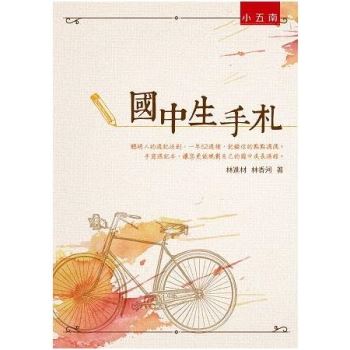Cicero’s letters have figured prominently in some of western modernity’s most cherished illusions about the immediacy of its encounter with Classical antiquity. Celebrated since their discovery in the Renaissance for their intimate mode of self-expression, they have been prized since then for the unparalleled proximity they appear to lend to the events and leading figures of the late Republic. However, the letters were only organized into books and collections and published as such by editors after Cicero’s death, and are therefore also the products of a later era.
Souvenirs of CiceroÂis a study of the narratives that the letter collections plot, and of the belated, post-Republican perspectives that shape them. It focuses on theEpistulae ad Familiares, the collection that incorporates Cicero’s widest cast of correspondents, and which has been most vulnerable to the modern editorial impulse to reorganize the letter collections along chronological lines. This book attempts to reverse that impulse by appraising the collection in the format transmitted from antiquity and attending to its status as an artefact of the later imperial age. Francesca K. A. Martelli traces the social, political and technological agencies that shaped this letter collection in antiquity, and elucidates the interests that these editorial interventions serve both for ancient readers and for our interpretation of the letters today. Integrating close readings of the letters with hypotheses drawn from contemporary media theory, she makes the case for considering Cicero’s letters as residual media, which haunt subsequent history with the Republic’s lost futures as they circulate beyond their own era.| FindBook |
有 1 項符合
Souvenirs of Cicero: Shaping Memory in the Epistulae AD Familiares的圖書 |
 |
Souvenirs of Cicero: Shaping Memory in the Epistulae AD Familiares 作者:Martelli 出版社:Oxford University Press, USA 出版日期:2024-07-09 語言:英文 規格:精裝 / 256頁 / 普通級/ 初版 |
| 圖書館借閱 |
| 國家圖書館 | 全國圖書書目資訊網 | 國立公共資訊圖書館 | 電子書服務平台 | MetaCat 跨館整合查詢 |
| 臺北市立圖書館 | 新北市立圖書館 | 基隆市公共圖書館 | 桃園市立圖書館 | 新竹縣公共圖書館 |
| 苗栗縣立圖書館 | 臺中市立圖書館 | 彰化縣公共圖書館 | 南投縣文化局 | 雲林縣公共圖書館 |
| 嘉義縣圖書館 | 臺南市立圖書館 | 高雄市立圖書館 | 屏東縣公共圖書館 | 宜蘭縣公共圖書館 |
| 花蓮縣文化局 | 臺東縣文化處 |
|
|
圖書介紹 - 資料來源:博客來 評分:
圖書名稱:Souvenirs of Cicero: Shaping Memory in the Epistulae AD Familiares
|











